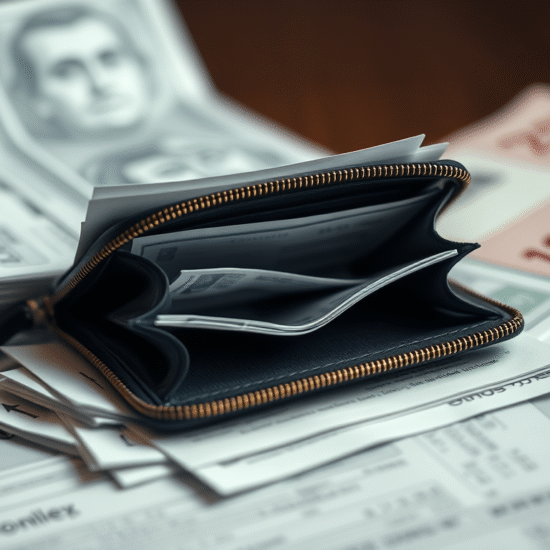
Imagine this: you set aside a small amount of money each month—nothing that breaks the bank, just a manageable slice of your income. Over time, that modest habit transforms into something substantial, something that could change your financial future. It’s not a fantasy—it’s the magic of compounding, and it’s available to anyone willing to start. Your future self will thank you, but only if you take the first step today.
You Don’t Need to Be an Expert to Begin
Investing can feel intimidating. The jargon, the charts, the endless opinions—it’s easy to think you need a finance degree to get started. You don’t. The truth is, you can begin with just a few simple rules:
- Don’t chase hype. Avoid jumping on the latest trendy stock or crypto coin everyone’s buzzing about. Hype often leads to bubbles—and bubbles pop.
- Don’t invest without a goal. Are you saving for a house, retirement, or financial freedom? Knowing why you’re investing keeps you focused.
- Don’t invest what you can’t afford to lose. Only use money you’re okay parting with for a while—emergency funds and rent money don’t belong in the market.
The rest? You’ll figure it out as you go. Start small, make mistakes, and learn. Action beats perfection every time.
The Numbers Don’t Lie: Time Is Your Superpower
Let’s put this into perspective with an example. Say you invest GHC 500 every month in a fund earning an average of 10% annually—a realistic return for a diversified stock index fund over the long term. After just one year, you’d have over GHC 6,300. That’s not life-changing yet, but stick with it. Keep investing that same GHC 500 monthly for 10 years, and your total grows to about GHC 103,000. No extra hustle, no windfall—just consistency, time, and compound interest working together.
Here’s how it happens: your money earns returns, and those returns earn returns. It’s a snowball effect that gets bigger the longer it rolls. A year from now, you’ll wish you’d started today. So why wait?
The Cost of Playing It Too Safe
Being frugal is a virtue—wasteful spending gets you nowhere. But there’s a flip side: being overly cautious with money can cost you more than you think. Picture these scenarios:
- Someone stashes all their savings in a low-interest account, earning 1% while inflation runs at 5%. Their money’s real value shrinks every year.
- Another person avoids investing entirely, fearing they’ll “lose it all,” while their cash sits idle, missing out on growth.
- A third refuses to spend on courses, tools, or networks that could boost their income, calling it a “waste”—yet they stay stuck earning the same paycheck.
Not all spending is bad, and not all risk is reckless. The trick is balance: protect your money from waste, but don’t let fear stop it from working for you.
Eric’s Story: Why Habits Matter More Than Income
Take Eric, who earns GHC 100,000 per month. By the 20th, his account’s nearly empty—rent, groceries, weekend plans, and family needs eat it all. “I’ll save when I earn more,” he promises himself. Three years later, his salary doubles to GHC 200,000. Success, right? Not quite. His expenses balloon too: a bigger apartment, a car loan, fancier outings. He’s still broke by month’s end.
Eric’s problem isn’t his income—it’s his habits. If you don’t learn to save and invest at GHC 5,0000, you won’t do it at Ksh 500,000. The same applies to any currency or income level. Living below your means isn’t about deprivation—it’s about building a gap between what you earn and what you spend, then putting that gap to work. Start with what you have, not what you hope to have.
How to Get Started
- Set a Goal: Decide what you’re investing for—it’ll keep you motivated.
- Start Small: Even GHC 500 a month can grow into something meaningful over time.
- Pick a Simple Option: Look into low-cost index funds or mutual funds with a solid track record—10% annual returns are achievable over the long haul.
- Automate It: Set up a recurring transfer so you don’t have to think about it.
- Learn as You Go: Read a book, follow a blog, or talk to someone who’s done it. Knowledge builds with experience.
The Bottom Line
You don’t need a fortune to build wealth—just time, consistency, and the courage to start. GHC 500 a month might not sound like much, but in 10 years, it’s GHC 103,000. That’s the power of compounding at work. Don’t let fear or procrastination rob you of that future. Start small, stay the course, and let your money grow. Today’s the day—don’t wait for tomorrow.


